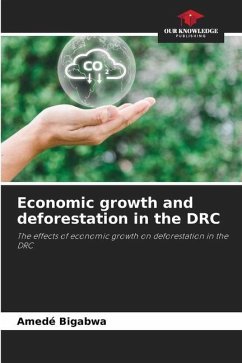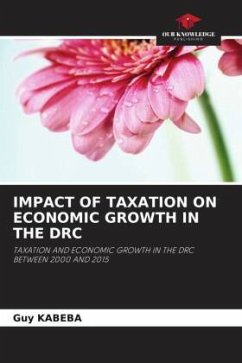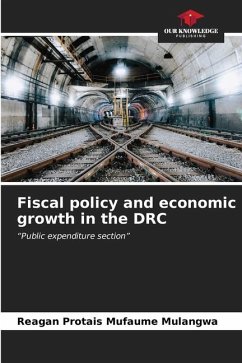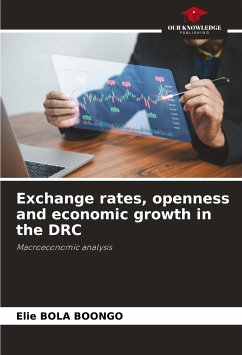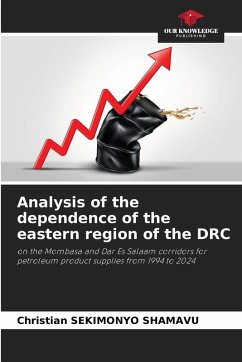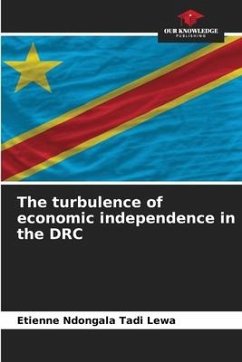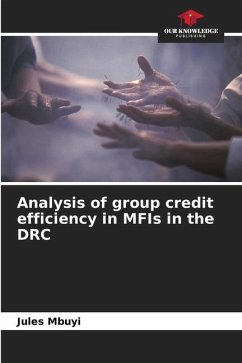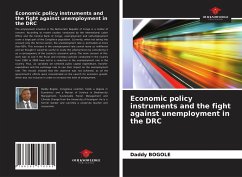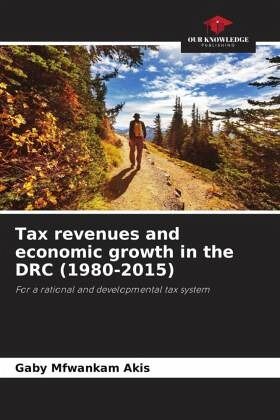
Tax revenues and economic growth in the DRC (1980-2015)
For a rational and developmental tax system
Versandkostenfrei!
Versandfertig in 6-10 Tagen
41,99 €
inkl. MwSt.

PAYBACK Punkte
21 °P sammeln!
Taxation is a major concern of the State and of national and international companies. Taxes allow to cover public expenses and to ensure a certain redistribution of wealth in order to maintain social peace and promote human development. While there is a widely recognized theory under the name of the Laffer curve according to which: "the rate eats the base" or better "too much tax kills the tax", we have observed in the last decade, in the DRC, very high tax rates on the one hand and positive economic growth rates, even approaching a double-digit rate with a record rate of 9.5% in 2014 on the o...
Taxation is a major concern of the State and of national and international companies. Taxes allow to cover public expenses and to ensure a certain redistribution of wealth in order to maintain social peace and promote human development. While there is a widely recognized theory under the name of the Laffer curve according to which: "the rate eats the base" or better "too much tax kills the tax", we have observed in the last decade, in the DRC, very high tax rates on the one hand and positive economic growth rates, even approaching a double-digit rate with a record rate of 9.5% in 2014 on the other hand. This situation aroused our scientific curiosity and led us to establish the links that may exist between the tax revenues mobilized and economic growth in the DRC. This work analyzes the evolution of these revenues and their influence on the much vaunted economic growth of the DRC's political and economic arena over the last decade. It opens a debate on the question of the efficiency and effectiveness of Congolese taxation for human development.





